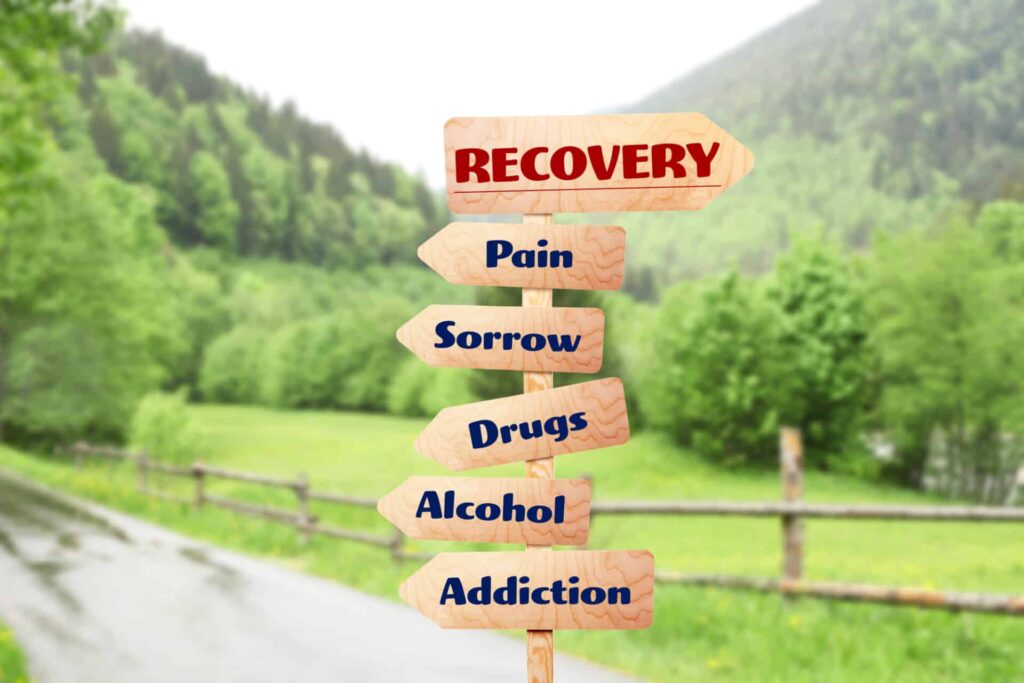A well-designed alcohol addiction treatment plan can lead to lasting recovery.
Secret Kind of Dependency Therapy: Navigating Alcohol Addiction Recovery Through Evidence-Based Practices
In the realm of alcoholism recovery, the assimilation of Cognitive-Behavioral Treatments (CBT) and Medication-Assisted Therapy (FLOOR COVERING) marks a critical stride towards efficacy and patient-centered care. CBT supplies an organized course to reframe damaging thought patterns, while MAT gives a biochemical footing versus the physical tribulations of withdrawal. When these evidence-based practices are supplemented with all natural strategies, such as mindfulness and dietary support, they form a durable structure for treatment. Nonetheless, the trip with these modalities offers special difficulties and outcomes, laying bare the inquiry of exactly how these therapies concretely converge to promote sustained recuperation.

Recognizing Cognitive-Behavioral Treatments in Alcoholism Recuperation
As alcohol addiction recovery advances, cognitive-behavioral treatments (CBT) have arised as a foundation in efficient therapy techniques. CBT operates on the concept that maladaptive habits, such as extreme alcohol consumption, are driven by inefficient thoughts and ideas. Treatment concentrates on determining these negative patterns and training individuals how to test and replace them with even more constructive reasoning. This therapy is not just regarding managing habits but additionally reshaping cognitive procedures, which can result in sustained soberness. Sessions commonly involve sensible skills training, look at these guys such as dealing strategies for managing food cravings and stress monitoring techniques. The versatile nature of CBT permits it to be tailored to the one-of-a-kind needs of each person, enhancing its efficiency in the world of alcohol healing.

The Role of Medication-Assisted Therapy in Taking Care Of Withdrawal and Food Cravings
Medication-assisted therapy (FLOOR COVERING) plays an important function in the administration of withdrawal signs and food this article cravings in individuals recovering from alcohol addiction. alcohol addiction treatment. Such integration supports the retention in therapy programs and adds substantially to avoiding relapse, noting Floor covering as a foundation of effective alcohol dependency therapy.

Incorporating All Natural Strategies With Typical Treatments for Comprehensive Treatment
While medication-assisted therapy offers a foundational method to alcohol recovery, incorporating all natural approaches with standard therapies provides a more Source comprehensive treatment design. This synthesis allows the treatment of the entire individual, attending to not only the physical facets of dependency however also the emotional, psychological, and spiritual dimensions. Techniques such as mindfulness, yoga exercise, and acupuncture enhance cognitive-behavioral therapy (CBT) and team sessions, sustaining tension decrease and psychological policy. Nourishment and workout programs even more enhance physical wellness and durability. By combining these varied methods, therapy programs can customize interventions to specific requirements, advertising a much more sustainable healing. This integrated method underscores the relevance of a diverse strategy in the efficient therapy of alcohol dependency.
Conclusion
In conclusion, effective alcohol addiction healing leverages a mix of evidence-based practices. Cognitive-Behavioral Treatments reframe adverse reasoning, while Medication-Assisted Therapy takes on the physical difficulties of withdrawal and yearnings.